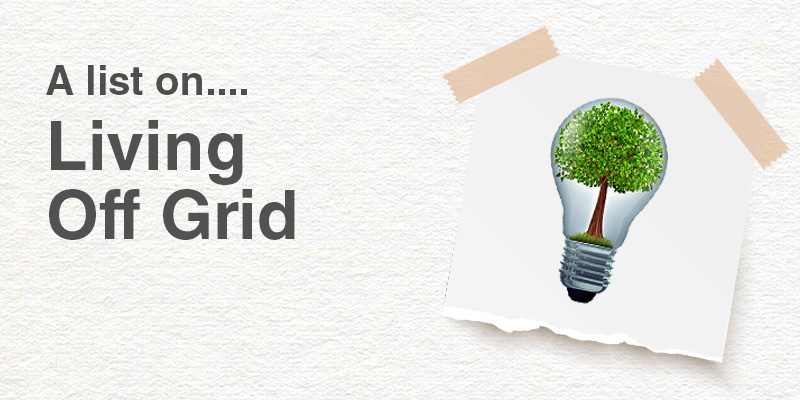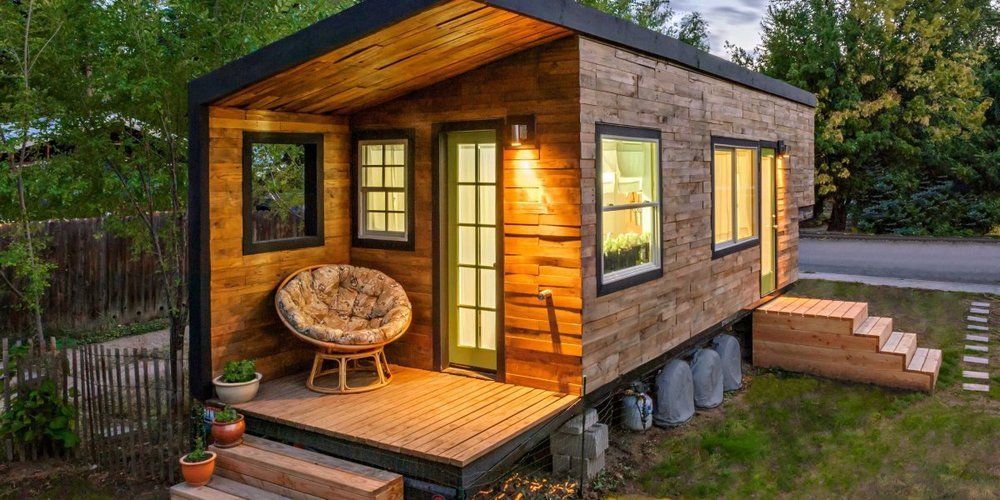Off grid living Facebook groups are rapidly becoming vibrant hubs for individuals seeking self-sufficiency and a simpler lifestyle. These online communities offer a unique blend of practical advice, shared experiences, and mutual support, fostering a dynamic exchange of information and fostering a sense of community among those embracing off-grid living. This exploration delves into the diverse landscape of these groups, examining the types of content shared, the nature of community interactions, and the challenges and opportunities inherent in this increasingly popular lifestyle choice.
From homesteading techniques and solar power solutions to water harvesting strategies and sustainable living practices, these online spaces provide a platform for knowledge sharing and problem-solving. The sheer volume of information, however, presents its own set of challenges, including the potential for misinformation. This study analyzes the dynamics within these groups, exploring the role of experienced off-grid livers, the prevalence of visual content, and the ways in which businesses are engaging with this growing market.
Off-Grid Living on Facebook: A Community Analysis: Off Grid Living Facebook
Facebook has become a vibrant hub for individuals interested in off-grid living, fostering a diverse community that shares experiences, advice, and support. This analysis explores the landscape of off-grid living Facebook groups, examining their content, community interactions, information reliability, marketing strategies, and visual representations of this lifestyle.
Off-Grid Living Facebook Groups: A Landscape Overview
Off-grid living Facebook groups exhibit significant diversity, catering to various interests and skill levels within the off-grid community. Groups are often categorized by their primary focus, ranging from technical aspects like solar power and water harvesting to broader lifestyle choices such as homesteading and sustainable living. Some groups are highly specialized, focusing on specific technologies or geographic regions, while others offer a more general platform for discussion and support.
| Group Name | Member Count (Approximate) | Focus | Activity Level |
|---|---|---|---|
| Off Grid Living | 50,000+ | General Off-Grid Living | High |
| Solar Power for Off-Grid Systems | 20,000+ | Solar Power Technology | Medium-High |
| Homesteading and Off-Grid Skills | 30,000+ | Homesteading and Self-Sufficiency | High |
| Off-Grid Water Solutions | 10,000+ | Water Collection and Management | Medium |
The demographics of these groups are generally broad, encompassing individuals from various age ranges, socioeconomic backgrounds, and geographical locations. However, a significant portion of the membership tends to be composed of individuals aged 30-60, often with a strong interest in self-sufficiency, environmental sustainability, and alternative living styles.
Content Shared in Off-Grid Living Facebook Groups, Off grid living facebook

Source: tribefinancial.com
Off-grid living Facebook groups are buzzing with activity, showcasing diverse lifestyles and practical tips. For those considering a move to a more self-sufficient existence, the challenges and rewards are often discussed, especially regarding specific locations like Texas. A recent article detailing the realities of off grid living in Texas highlights the importance of careful planning and resource management, information frequently shared and debated within these online communities.
These Facebook groups provide invaluable support networks for aspiring off-gridders.
The content shared within these groups is incredibly diverse, reflecting the multifaceted nature of off-grid living. This content serves as a valuable resource for both experienced off-gridders and newcomers.
- Project Updates: Members frequently share progress on their off-grid projects, including photos and videos of construction, installations, and improvements.
- Advice Requests: Newcomers often seek advice on various aspects of off-grid living, from choosing solar panels to building rainwater harvesting systems.
- Product Reviews: Members share their experiences with off-grid products, offering valuable insights into their performance and reliability.
- Success Stories: Positive experiences and achievements are celebrated, inspiring and motivating others.
- Challenges Faced: Members openly discuss the difficulties they encounter, fostering a sense of community and shared experience.
Groups focused on specific aspects of off-grid living tend to share more specialized content. For example, solar power groups focus heavily on technical details, while homesteading groups might concentrate on gardening, animal husbandry, and food preservation. Visual content, including photos and videos, is overwhelmingly prevalent, often exceeding textual content in terms of engagement.
| Content Type | Percentage (Estimate) |
|---|---|
| Visual Content (Photos & Videos) | 70% |
| Textual Content (Posts & Comments) | 30% |
Community Interaction and Engagement
Interaction within these groups is dynamic and multifaceted. Members engage through comments, reactions, shares, and private messaging, creating a supportive and collaborative environment.
Experienced off-grid livers play a crucial mentoring role, guiding newcomers, answering questions, and sharing their expertise. This mentorship is a key factor in the success and growth of these online communities. Common themes include discussions on sustainable practices, energy independence, resource management, and the challenges and rewards of a self-sufficient lifestyle.
Information Accuracy and Reliability
While Facebook groups offer valuable information, it’s crucial to acknowledge the potential for misinformation and inaccurate advice. The open nature of these platforms means anyone can contribute, and not all advice is equally reliable.
Identifying credible sources requires critical evaluation. Look for members with established experience, verifiable credentials, or consistent contributions of accurate and well-researched information. Cross-referencing information from multiple sources is also essential.
A guide for newcomers might include: verifying claims with independent sources, looking for evidence-based advice, being wary of overly enthusiastic or unsubstantiated claims, and seeking diverse perspectives.
Marketing and Business within Off-Grid Living Facebook Groups
Businesses frequently utilize these groups for marketing and customer engagement. Common strategies include sharing product information, participating in discussions, offering advice, and running contests or giveaways.
The effectiveness of these strategies varies. Authentic engagement and valuable contributions tend to be more successful than overt advertising. A hypothetical marketing plan for an off-grid product company might involve creating informative content, answering questions, participating in relevant discussions, and sponsoring helpful resources within the group.
Visual Representation of Off-Grid Life on Facebook
Visual representations of off-grid living on Facebook often employ distinct aesthetic styles. These visuals significantly shape perceptions of this lifestyle.
Three common visual styles include: Rustic Charm (emphasizing natural materials, handcrafted elements, and a cozy, lived-in aesthetic); High-Tech Minimalism (showcasing sleek, modern technology integrated seamlessly into a natural setting); and Adventure and Exploration (capturing the sense of freedom and discovery associated with off-grid living, often featuring dramatic landscapes and adventurous activities).
These visual styles influence public perception by creating idealized or romanticized images of off-grid living, potentially overlooking the challenges and hard work involved.
Challenges and Opportunities of Off-Grid Living Discussed on Facebook
Facebook groups provide a platform for open discussions about the realities of off-grid living, highlighting both its challenges and opportunities.
- Challenges: High initial investment costs, technical expertise required, potential for system failures, isolation, reliance on weather conditions, and regulatory hurdles.
- Opportunities: Greater self-sufficiency, reduced environmental impact, connection with nature, improved mental and physical well-being, and increased resilience.
| Challenges | Opportunities |
|---|---|
| High initial costs and ongoing maintenance | Greater self-sufficiency and reduced reliance on external systems |
| Technical expertise needed for system installation and maintenance | Improved connection with nature and a simpler lifestyle |
| Potential for system failures and disruptions | Increased resilience and adaptability to changing circumstances |
Last Point

Source: cdn-website.com
Off-grid living Facebook groups offer a multifaceted view into a lifestyle increasingly appealing to many. While providing invaluable support and knowledge sharing, the potential for inaccurate information underscores the need for critical evaluation of online resources. The vibrant community, diverse content, and ongoing discussions highlight both the challenges and the immense opportunities presented by embracing a life beyond the grid.
Further research could explore the long-term impact of these online communities on the adoption and sustainability of off-grid living practices.
